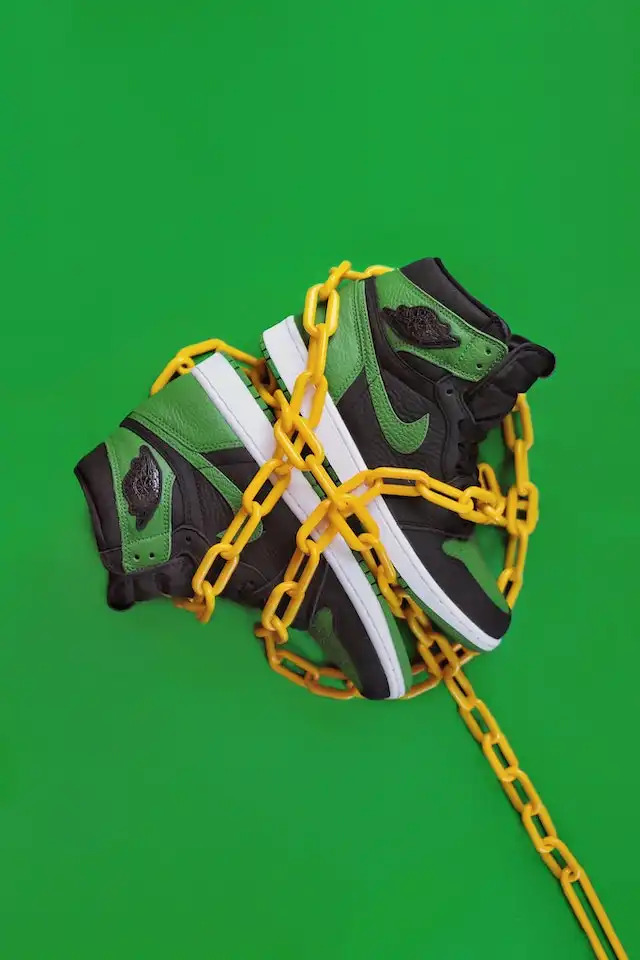In the face of environmental challenges, the fashion industry is stepping up to the plate by adopting green initiatives to reduce its ecological footprint. Top fashion brands are recognizing the need for sustainable practices, addressing concerns related to waste, pollution, and ethical production. In this article, we will highlight some of the commendable green fashion initiatives undertaken by leading brands, demonstrating their commitment to building a more eco-conscious and sustainable future.
- Patagonia: Pioneering Sustainable Outdoor Apparel
Patagonia, a renowned outdoor clothing brand, has been at the forefront of green fashion initiatives for decades. The company places a strong emphasis on environmental and social responsibility, and it is dedicated to using sustainable materials in its products. Patagonia is a pioneer in recycled polyester and organic cotton, reducing its reliance on virgin resources.
Additionally, Patagonia’s Worn Wear program promotes circular fashion by encouraging customers to trade in their used Patagonia items for store credit or purchasing quality secondhand gear from the brand’s online platform. This initiative not only reduces waste but also extends the life of their products, making it a win-win for both customers and the environment.
- Adidas: Driving Innovation with Recycled Materials
Adidas, a global sportswear giant, has been making significant strides in sustainable fashion through its “Sustainability Starts with Sports” initiative. The brand has committed to using 100% recycled polyester in its products by 2024, effectively reducing its carbon footprint and conserving natural resources.
Furthermore, Adidas has partnered with Parley for the Oceans, a nonprofit organization dedicated to ocean conservation. Together, they produce shoes and apparel made from upcycled ocean plastic, transforming marine waste into high-performance sportswear. This innovative approach exemplifies how fashion brands can contribute to both environmental conservation and cutting-edge design.
- Levi’s: Leading Denim’s Sustainable Revolution
Levi Strauss & Co., an iconic denim brand, has been taking meaningful steps towards sustainability with its “Water<Less” program. This initiative aims to reduce water consumption during the denim finishing process, saving billions of liters of water since its inception. Levi’s also commits to using more sustainable materials like organic cotton and recycled denim.
The brand’s “SecondHand” marketplace encourages customers to buy and sell pre-owned Levi’s clothing, fostering a circular economy and promoting the longevity of their products. Levi’s partnership with the Better Cotton Initiative (BCI) further supports responsible cotton farming practices, benefiting both the environment and cotton-producing communities.
- Eileen Fisher: Advocating for Ethical Fashion
Eileen Fisher, a leader in sustainable luxury fashion, is committed to promoting ethical practices and reducing its environmental impact. The brand has implemented a “Renew” program, where customers can return old Eileen Fisher garments to receive credit towards new purchases. The collected items are either resold or upcycled into new designs, supporting a circular fashion model.
Eileen Fisher is also dedicated to using eco-friendly fabrics like organic cotton, Tencel, and responsible wool, while minimizing waste through meticulous pattern-making and thoughtful design. Moreover, the brand’s “Vision2020” initiative sets ambitious goals for social and environmental sustainability, aiming to achieve 100% organic fibers and 100% carbon neutrality in its operations.
As top fashion brands continue to embrace green initiatives, they are demonstrating their commitment to creating a more sustainable and responsible industry. By adopting recycled materials, promoting circular fashion, and supporting ethical production, these brands are leading the way to a greener future.
Consumers also play a pivotal role in driving these green fashion initiatives forward. By supporting sustainable brands and making eco-conscious choices, we can collectively encourage the entire industry to prioritize environmental and social responsibility. Together, through collaboration and conscious consumption, we can create a fashion world that not only dazzles with style but also shines with sustainability.



